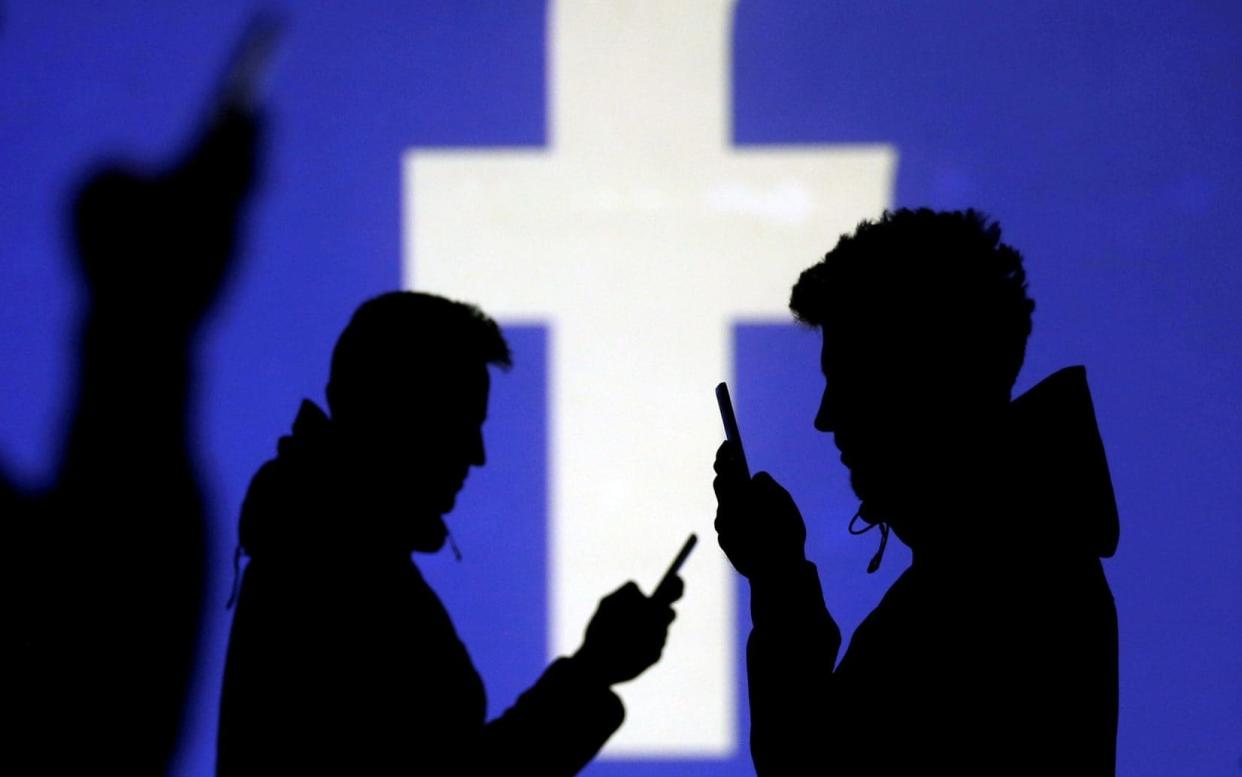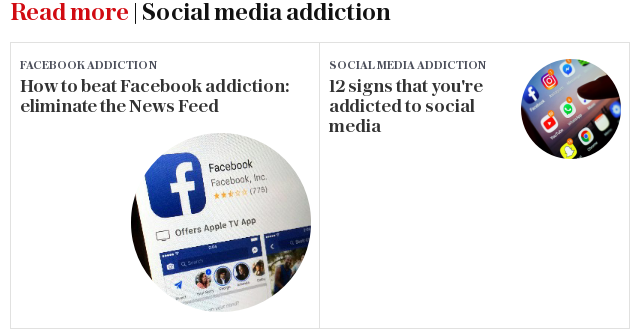Social media abstainers unwittingly have 'shadow accounts', major study finds

Digital abstainers who refuse to sign up to social media sites may believe they are protecting their privacy, but a new study shows they are still highly visible through the accounts of friends and family.
Around one in five people who use the internet in Britain do not have a Facebook account.
But researchers found it was still possible to predict their future activities, with 95 per cent accuracy, simply by studying the profiles and posts of eight or nine close contacts.
Experts said it was like overhearing a mobile phone conversation on a bus, where you can infer details about the person on the other end of the line, but with a thousand conversations rather than just one.
The team of scientists, from the University of Vermont and the University of Adelaide also gathered more than thirty million public posts on Twitter from 13,905 users to see if they could forecast what someone would tweet.
Again the information from friends and family made it possible to predict a person’s later tweets as accurately as if they had studied that person’s own Twitter feed.
The researchers said without realising it, social media users were leaving ‘digital traces of interactions’ like breadcrumbs which created ‘shadow accounts’ for people who thought they were exempt.
“When you sign up for Facebook or another social media platform you think you're giving up your information, but you're giving up your friends' information too," said University of Vermont mathematician Dr James Bagrow who led the new research.
“You alone don't control your privacy on social media platforms. Your friends have a say too.”

The researchers concluded that a company or government could accurately profile a person, discovering their political party, favourite products, hobbies and religion simply from following their friends, even if they had never been on social media or had deleted their account.
In a recent testimony in front of the US Senate, Mark Zuckerberg admitted that Facebook collects information on people who are not users of the social network.
Studies have already shown that it is possible to predict the attitudes or actions of people based on their social media information, but it was unknown if it could be done for those without accounts.
The new research showed that it was simple to extract data and concluded that information is so strongly embedded is sites that it can be accessed ‘even when the individual forgoes the platform completely’ which had big implications for privacy.
“There's no place to hide in a social network,” said Lewis Mitchell, a co-author on the new study who was a post-doctoral researcher at the University of Vermont and is now senior lecturer in applied mathematics at the University of Adelaide in Australia.
“Telling people to delete your account in order to protect your privacy is not enough, as profiling information such as someone’s political affiliations or leisure interests can be determined from your friends’ posts. It's like listening in on one end of a phone call.
"Even though you can't hear the person on the other end of the line, you can still find out a lot of information about them from the one-sided conversation you can hear."
Commenting on the study, David Garcia, of the University of Vienna, said: “Deleting an account or not making one in the first place does not guarantee the privacy of a person.
“We must be aware that sharing information with an online platform is a collective decision taken by a whole society rather than an individual choice.”
The research was published in the journal Nature Human Behaviour.

 Yahoo News
Yahoo News 
